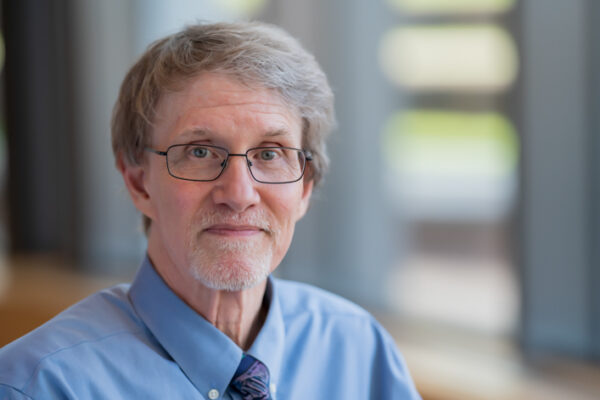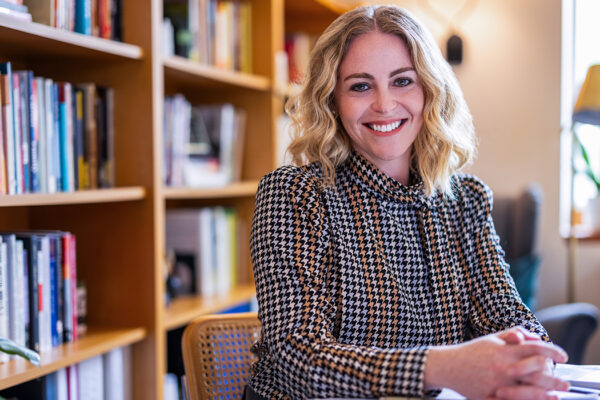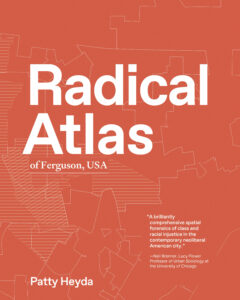Experts outline strategic roadmap for public health advancements
Ross C. Brownson of the Brown School makes recommendations for transforming the U.S. public health system in the aftermath of the COVID-19 pandemic.
The continued need for DEI in the workplace
Sociologist Adia Harvey Wingfield sheds light on the ways racism persists in professional settings and offers a path forward for employers.
WashU receives grant to address economic mobility of Black youth
Washington University in St. Louis will receive a $650,000 grant for a collaborative community project focused on improving economic mobility for Black youth in the St. Louis area.
Caitlyn Collins
Caitlyn Collins, an associate professor of sociology in Arts & Sciences, has focused her career on researching and advocating for policy solutions for working mothers and their families. Now that she’s a working mother herself, her work has new meaning.
Age: an overlooked factor in higher education DEI initiatives
As universities around the world strive to cultivate diverse and equitable communities, a recent study from the Brown School at Washington University in St. Louis highlights the necessity of recognizing age as a fundamental dimension of diversity.
Kazakhstan launches child account policy informed by Brown School research
Kazakhstan has launched a national Child Development Account policy informed by research from the Brown School’s Center for Social Development. The development opens the door on a policy structure for channeling natural-resource wealth to invest in children and build human capital.
‘Modern-day redlining’: Research investigates Wall Street-backed rental market
Corporate investors “buy low and rent high” to populations who can least afford it. A two-year national study, led by Carol Camp Yeakey in Arts & Sciences, will examine the impact that corporate investors have on renters, especially marginalized communities of color, in St. Louis, Cincinnati and Atlanta.
Radical Atlas of Ferguson, USA
Ferguson, Missouri, became the epicenter of America’s racial tensions after the 2014 murder of Michael Brown and the protests that followed in its wake. Though this suburb just outside St. Louis might have seemed like an average midwestern town, the activism that exploded there after Brown’s killing laid bare how longstanding municipal planning policies had […]
CSD research informs Senate proposal
New federal legislation to create a national children’s savings account policy draws heavily on research from the university’s Center for Social Development.
Expanded child tax credit would ultimately save money, reduce poverty
A plan to expand the child tax credit would go a long way in reducing childhood poverty in America, saving billions in future costs, says an expert on poverty and inequality at Washington University in St. Louis.
Older Stories









